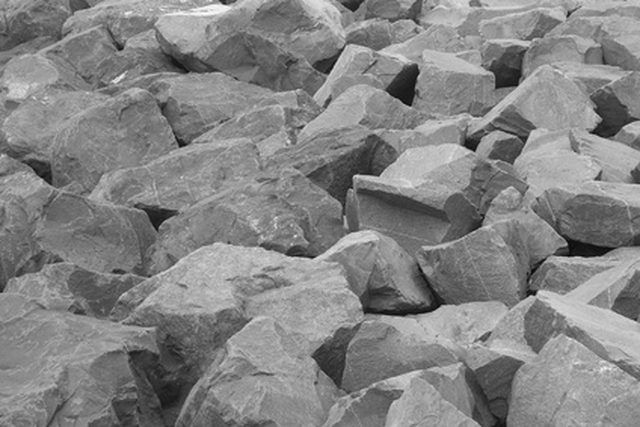Bulbs
Flower Basics
Flower Beds & Specialty Gardens
Flower Garden
Garden Furniture
Garden Gnomes
Garden Seeds
Garden Sheds
Garden Statues
Garden Tools & Supplies
Gardening Basics
Green & Organic
Groundcovers & Vines
Growing Annuals
Growing Basil
Growing Beans
Growing Berries
Growing Blueberries
Growing Cactus
Growing Corn
Growing Cotton
Growing Edibles
Growing Flowers
Growing Garlic
Growing Grapes
Growing Grass
Growing Herbs
Growing Jasmine
Growing Mint
Growing Mushrooms
Orchids
Growing Peanuts
Growing Perennials
Growing Plants
Growing Rosemary
Growing Roses
Growing Strawberries
Growing Sunflowers
Growing Thyme
Growing Tomatoes
Growing Tulips
Growing Vegetables
Herb Basics
Herb Garden
Indoor Growing
Landscaping Basics
Landscaping Patios
Landscaping Plants
Landscaping Shrubs
Landscaping Trees
Landscaping Walks & Pathways
Lawn Basics
Lawn Maintenance
Lawn Mowers
Lawn Ornaments
Lawn Planting
Lawn Tools
Outdoor Growing
Overall Landscape Planning
Pests, Weeds & Problems
Plant Basics
Rock Garden
Rose Garden
Shrubs
Soil
Specialty Gardens
Trees
Vegetable Garden
Yard Maintenance
Is Perlite Toxic?
Is Perlite Toxic?. Perlite is a naturally occurring silicous rock and as such, is not toxic. Perlite is used in horticultural, construction and industrial applications. Ingesting the products that incorporate perlite may cause illness and, in excessive amounts, permanent harm or death.

Perlite is a naturally occurring silicous rock and as such, is not toxic. Perlite is used in horticultural, construction and industrial applications. Ingesting the products that incorporate perlite may cause illness and, in excessive amounts, permanent harm or death.
Horticultural Applications
Perlite is utilized as an ingredient in growing mixtures that contain no soil. The expanded rock provides aeration and moisture retention properties. Perlite has a neutral pH and is light weight, sterile and free of weeds. Perlite is also used as a carrier for fertilizer, herbicide and pesticide.
Construction Uses
Perlite is used as a loose-fill insulation in masonry construction due to its light weight and insulating properties. It is also used as an aggregate in concrete and gypsum plasters. Other construction applications include chimney linings, insulation under floors, ceiling tiles, roof insulation boards and paint.
Industrial Utilization
Perlite is utilized in an industrial setting for everything from filler for plastic to cement for geothermal, petroleum and water wells. Perlite is also used as a filter medium for chemicals, food products, pharmaceuticals and water. It is also used as an abrasive in soaps, cleaners and polishes.
Characteristics
Crude perlite contains up to 6 percent water. The water in the crude rock expands and pops when heated quickly, forming countless tiny holes. Expanded perlite can weigh as little as 2 lbs. per cubic foot.
Fun Facts
Perlite expands up to 20 times its original volume when heated to the right temperature. Perlite is mined and expanded all over the world, with the United States consuming and producing the most expanded perlite. Perlite is resistant to rot, rodents and termites.